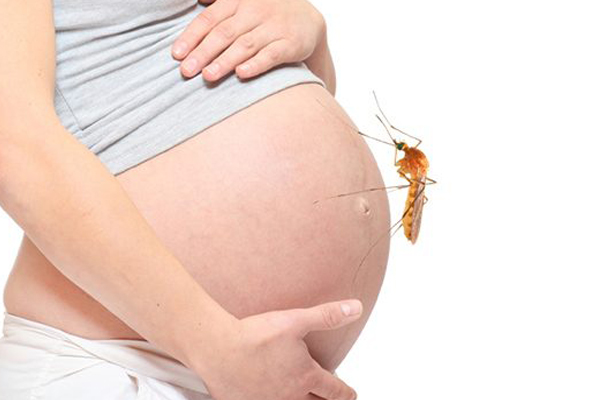
Zika virus in pregnancy
This infection in pregnancy cause congenital zika syndrome that include brain abnormalities including microcephaly.
Aedes aegypti mosquitoes, is the primary vector for transmission.
After an infected mosquito bites a human, the first symptoms can develop in 3 to 12 days
Sign and symptoms
Fever
Rash
Itching
Arthritis
Headache/athralgia
Body pain
Conjunctivitis
Lower back pain
Retro orbital pain
Travelers to areas with risk for zika virus transmission should take all possible measures to minimize the chance of mosquito bites. This include wearing light coloured, loses fitting clothes that cover as much exposed skin as possible, for example long trousers and long sleeves.
DEET up to 50% are commonly available and are safe in pregnant and breast feeding
Pregnant women who travel or choose to travel an area with risk should take all necessary precaution to minimize the chance of a bite.
Pregnant women with partners use barrier methods for vaginal sex after travel to an infected area to reduce the risk for transmission to the baby in womb.
Diagnosis lab testing is available from PHE’S rare and imported pathogens lab, a specialist centre for testing
Treatment
No specific antiviral available
Pregnant women with history of travel should submit serum for testing at RIPL
Pregnant women does not report clinical illness consistent with ZIKA disease during or within 2 weeks of travel or sexual contact with potentially infectious partner offer base line scan at 18-20 weeks or at same visit if first visit is later than 20 weeks.
If scan normal, consider repeating at 28-30 weeks.
If abnormal scan findings (e.g. . small head or intracranial calcifications) REFER TO FETAL MEDICINE SERVICES


